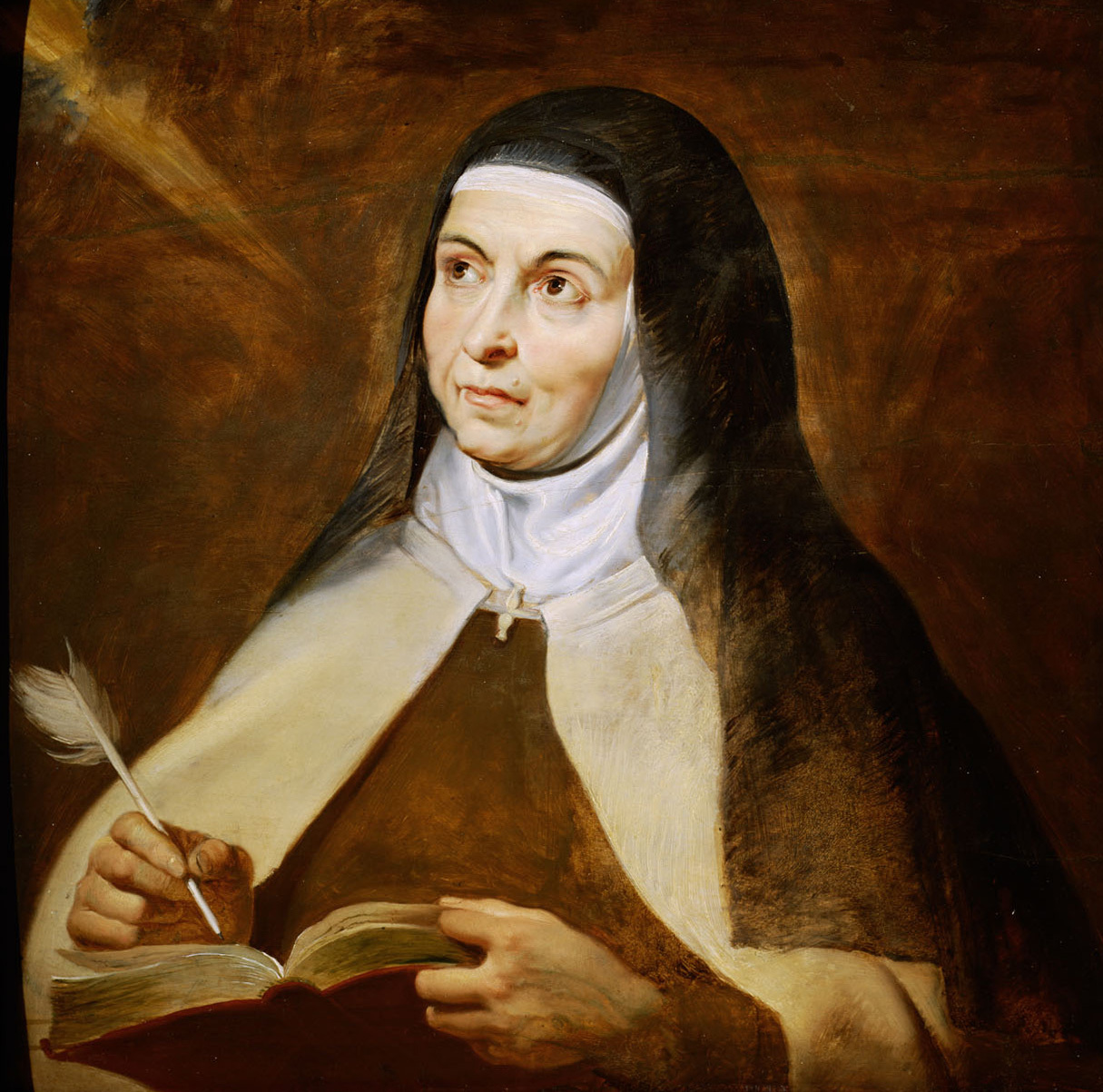Many summer days of my childhood were spent at Grandmita's house. Inevitably, my brothers and cousins always wound up playing wiffle ball in her backyard. Even though I was more interested in raiding the candy jar in Grandmita's kitchen, I begrudgingly ended up in the game.
Playing sports with my cousins and brothers was a painful experience. They were such good athletes. And I was not. Imagine playing ball against the likes of Mickey Mantle or Willie Mays while you could barely muster the athletic prowess of Fatty Arbuckle. That was my wiffle ball hell every day of that summer.
Grandmita followed me into the room and tried to console me. She never wanted to see anybody feel excluded or left out. Grandmita offered words of compassion. She encouraged me to go out and try again. And when neither tactic work, she grabbed me by the hand and dragged me back outside to continue the game.
Did I suddenly become good at wiffle ball? No. Would I grow up to become a star athlete from that moment on? Absolutely not. So why was this such a memorable and formative moment for me?
Seared in my mind and heart is the way in which Grandmita was present to me. Grandmita was aware when one of her beloved grandchildren was feeling like a real loser, a real outsider. She sought me out, offering words of care, encouragement, and positivity. And when I needed it, Grandmita led me back to the yard with equal parts confidence and firmness.
If I can be attentive to others with such care, then I will have learned an invaluable lesson from Grandmita. If I can speak words of comfort when others are feeling down, then Grandmita's example was not in vain. If I can return time and again to those challenging games that occur throughout life, or if I can lead others back to face their own struggles, then I certainly will have followed Grandmita's lead. I can only hope that I possess a fraction of the goodness and love of Grandmita.
Who knew such life lessons could've been learned on and off the wiffle ball diamond?













